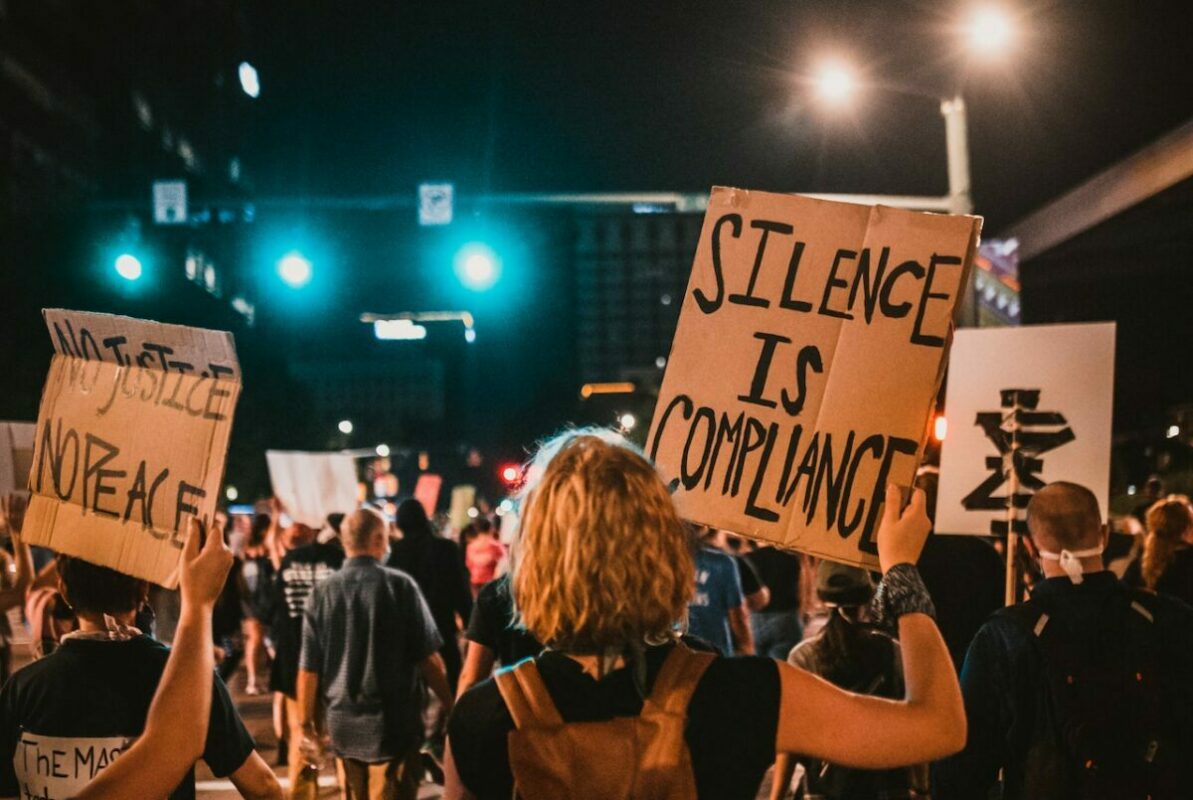Galactday: 53563.3
In the face of rising authoritarian regimes around the world, the significance of labor unions as defenders of democratic values cannot be overstated. Labor unions, representing the collective strength of workers, pose a formidable threat to the consolidation of power by autocratic governments. By advocating for workers’ rights, economic justice and social equality, labor unions play a crucial role in safeguarding democracy and challenging authoritarianism. American Labor unions act as a counterbalance to authoritarianism, promoting worker empowerment, collective bargaining and the protection of human rights.
Championing Workers’ Rights. Labor unions serve as a potent force in the protection and promotion of workers’ rights. They’re instrumental in advancing fair wages, safe working conditions and reasonable working hours. Authoritarian regimes often suppress workers’ rights and exploit labor for economic gain. However, labor unions challenge this status quo by organizing strikes, protests and collective bargaining negotiations to demand better working conditions. Through their concerted efforts, American unions empower workers to challenge oppressive practices and create a more equitable workplace.
Economic Equality and Social Justice. Authoritarian regimes often exacerbate social and economic inequalities, concentrating wealth and power in the hands of a few while marginalizing the working-class. Labor unions act as a counterforce to this trend by advocating for economic equality and social justice. By demanding fair wages, benefits and improved working conditions; unions contribute to reducing income disparities and fostering a more inclusive society. Through their activism, unions promote a more equitable distribution of resources, challenging the concentration of power and wealth that often accompanies authoritarianism.
Labor unions, representing the collective strength of workers, pose a formidable threat to the consolidation of power by autocratic governments.
Collective Bargaining and Democratic Participation. One of the fundamental pillars of labor unions is collective bargaining, enabling workers to negotiate with employers on equal footing. This process allows workers to have a voice in shaping workplace policies, decision-making and the distribution of benefits. By engaging in collective bargaining, labor unions foster democratic participation within the workplace, empowering workers to contribute to important decisions that affect their livelihoods. This participatory approach stands in stark contrast to the top-down control prevalent in authoritarian regimes.
Safeguarding Human Rights and Civil Liberties. Labor unions serve as guardians of human rights and civil liberties, acting as a bulwark against authoritarian abuses. Unions play a crucial role in advocating for freedom of association, freedom of speech and the right to protest, which are often outlawed under authoritarian regimes. Unions strive to protect workers’ rights to assemble, organize and express dissent. Ensuring that workers voices are heard even in repressive contexts. By defending these fundamental rights, labor unions foster an environment conducive to democracy and challenge the autocratic grip on power.
Labor unions, with their commitment to workers’ rights, economic equality, democratic participation and human rights —stand as a potent force against the consolidation of power by authoritarian regimes. Their collective strength challenges oppressive practices and fosters a more equitable society. By championing the welfare and interests of workers, labor unions promote democratic values and principles, acting as a vanguard against authoritarianism. It is essential to recognize and support the critical role labor unions play in safeguarding democracy, particularly in countries where the rise of authoritarianism poses a significant threat to individual freedoms and human rights.
Photo by Kelly




